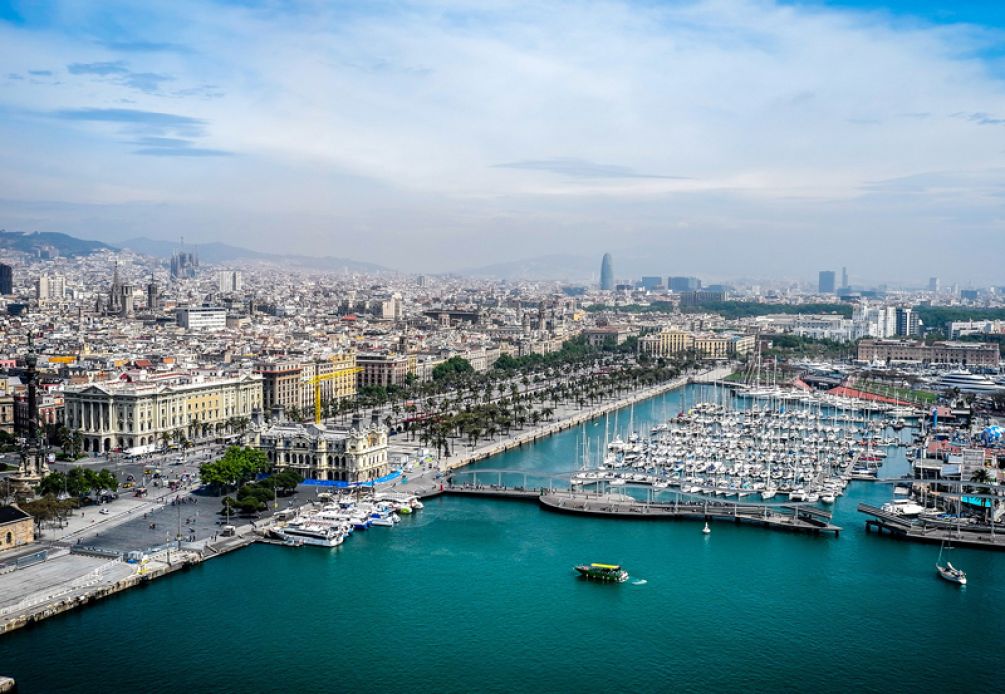Coronavirus is motivating a reinvention of the tourism sector, based on innovation with a view to sustainability. In this process, young people, who are expected to have a higher level of training than the current agents, are taking on a notable relevance. The aim is to develop strategies that address sustainability with a global and forward-looking perspective. However, for the time being, there are also different actions that individuals and entrepreneurs can put into practice.

Covid-19 has generated huge losses for the tourism sector, as well as new challenges. Many companies have had to innovate to stay alive, or even change their business model. An innovation that was expected to be very complicated, but which generated an interesting framework for the future. An excellent opportunity to evolve in favor of the environment and sustainability.
At this point, it is particularly interesting to analyze the role of young people. People with new ideas who dream of becoming part of the future of tourism. This is a generation that has grown up at the peak of the climate crisis and is therefore very critical of current models and is willing to work to change them. Undoubtedly, a crucial agent to take the reins of the sector.
The importance of education for the tourism of the future
Universities are increasingly offering bachelor's and master's degrees in tourism, sustainable tourism and experiential economics. According to the UNWTO, 50% of young people in the tourism innovation sector have only secondary education. Encouraging this type of program can help enormously to expand the business and professional horizons of those working in the sector.
On the other hand, the main objective of these programs, and of the sector in general, must be to evolve in terms of innovation; being a key element the connection between governments, startups, investors and academic institutions. In addition, a more interesting venture capital culture is needed, with the intention of developing prospects for sustainability; a goal for which education through digital platforms is yielding great results.
In this sense, the World Tourism Organization has launched its own academy, aimed at generating a more effective and stable tourism innovation ecosystem, hosting international webinars, workshops, educational initiatives and other proposals with which young people in the sector can discuss and network in favor of sustainability, the 2030 Agenda and the 17 Sustainable Development Goals.
Sustainable tourism at present
Building a sustainable and competitive sector requires long-term plans and a consolidated strategy. However, for the time being, it is possible to carry out actions along these lines and to complement them with those adopted in the future. Actions that can also be of help in the innovation process.
As an individual, there are countless sustainable behaviors: reducing plastic consumption, buying local products, using fewer polluting means of transport, traveling to sustainable destinations, among many others. In addition, we have different tools and information channels that can be very useful. The impact of these actions will be limited, as it goes against the tide of a sector that is still evolving.
The actual turning point will be based on the involvement of institutions and companies, whose action plan can be divided into implementation and information. On one hand, it is crucial that both companies and institutions lead by example and begin to implement, if they have not already done so, sustainable strategies in their models. On the other hand, the population and potential visitors, as well as the rest of the agents involved in the industry, must be informed of the good practices required at the destination. This is the only way to raise awareness and encourage everyone, employees, collaborators, tourists and citizens, to participate in these good practices.
For the latter point, platforms such as Biosphere Sustainable, which helps companies to manage their own sustainability plans, are particularly useful. Biosphere details the objectives to be met based on the 17 SDGs, certifying the entity's commitment, and helping to communicate it.